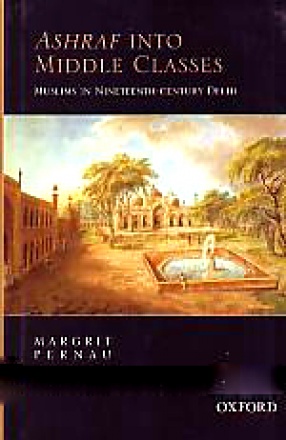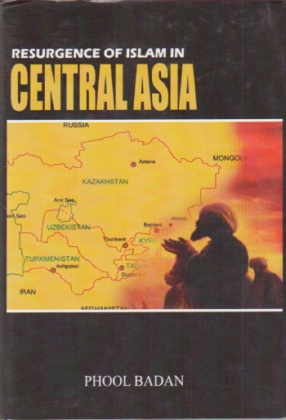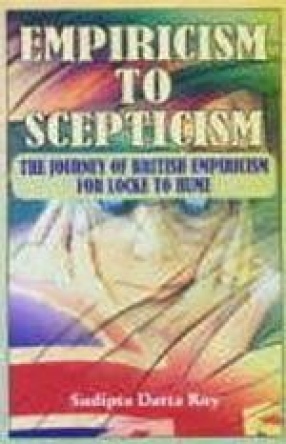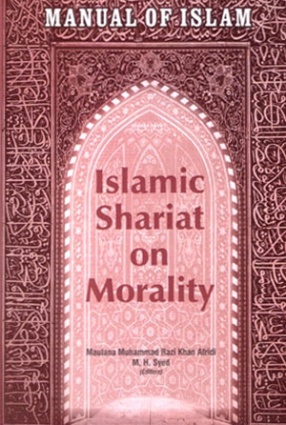Handwritten newsletters or akhbarat were vital to the functioning of Mughal regime. Each ruler appointed his own news writer, akhbar nawis at as many focal points of the subcontinent as possible and they reported on a daily or a bi-weekly basis. This form of collection, reporting, and circulation of news was taken over by the colonial power and continued to flourish in North India right upto the Uprising of 1857. For the first time, this volume brings together translations of three Persian akhbarat from the years-1810, 1825, and 1830. They shed important light on Mughal interactions with contemporary political formations like the Marathas, Sikhs, the Rajput states, and the British. The newsletters also present an interesting kaleidoscope of everyday economic, social, and cultural life. The akhbarat force us to rethink the linkages between the creation of knowledge and public sphere during the early years of Mughal-British interface. The fact that the British quickly adapted to these traditional information networks and were even able to evolve them later in accordance with their changing politico-strategic needs shows that the boundaries of British and Indian production of knowledge were more fluid than supposed 'colonial influence' working against 'indigenous resistance'. Margrit Pernau and Yunus Jaffery also investigate the influence of the akhbarat on the emergence of printed newspapers. Critiquing the unique emphasis on the role of the British-Indian Press, the colonized public sphere, and the liberal patronage of British officials they argue that the first vernacular newspapers in Urdu and Persian show astonishing lines of continuity with the akhbarat. Bringing together many inaccessible documents, this volume is a unique resource for the study of a relatively neglected period in Indian history. The introduction discusses the nature of the newsletters and situates them in the wider historical context. It also indicates research areas likely to be opened up by this unexplored source.
Ashraf Into Middle Classes: Muslims in Nineteenth-Century Delhi
Nineteenth-century Delhi was ...
$63.00
$70.00







There are no reviews yet.